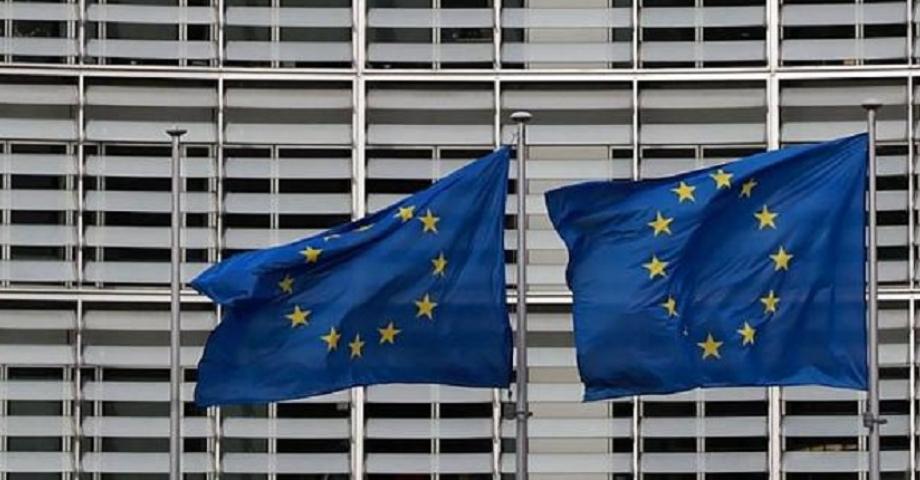




The European Union (EU) has taken one of the most structured and comprehensive approaches to cryptocurrency regulation in the world. With the adoption of the Markets in Crypto-Assets Regulation (MiCA) in 2023, the EU established a single licensing regime for crypto businesses across all member states, replacing fragmented national rules with a harmonized framework.
MiCA: the cornerstone of EU crypto regulation
MiCA sets out rules for issuers of crypto-assets and providers of crypto-asset services (CASPs), including exchanges, wallet providers, and stablecoin issuers. From mid-2024 for stablecoins and late-2024 for other services, CASPs must be authorized by a national competent authority and can then operate throughout the EU via “passporting.”
Key requirements include:
Governance and prudential safeguards
Segregation of client and firm assets
Transparency and whitepaper obligations for token issuance
Strong conduct-of-business rules for investor protection
Stablecoins under MiCA
MiCA defines asset-referenced tokens (ARTs) and e-money tokens (EMTs), imposing strict reserve, redemption, and issuance requirements. Large issuers face caps on daily transaction volumes if the token is used extensively in the EU, and EMTs must be issued by credit institutions or e-money institutions.
AML and the Travel Rule
The EU has aligned its rules with the FATF Travel Rule via amendments to the Transfer of Funds Regulation (TFR). Since 2023, CASPs must collect and transmit originator and beneficiary information for all crypto transfers, regardless of amount, including to and from “unhosted” wallets (with some additional due diligence above €1,000).
Role of national authorities
While MiCA sets EU-wide standards, each member state’s financial regulator will oversee licensing, supervision, and enforcement for CASPs operating from its territory. National AML authorities also monitor compliance with KYC/AML obligations.
Taxation and other measures
Tax rules remain national, but the EU has adopted the DAC8 directive, which from 2026 will require CASPs to report crypto transactions to tax authorities to improve cross-border tax transparency.
Market impact
MiCA positions the EU as a leader in creating a single regulated crypto market, potentially attracting businesses seeking legal certainty. Combined with strong AML provisions and stablecoin oversight, it aims to balance innovation with consumer protection and financial stability.